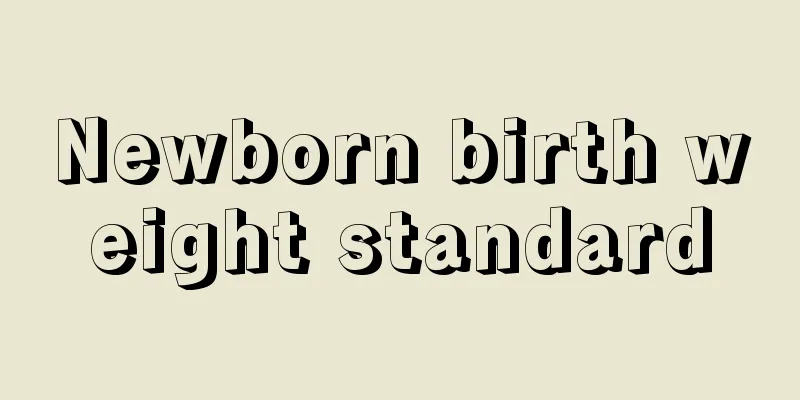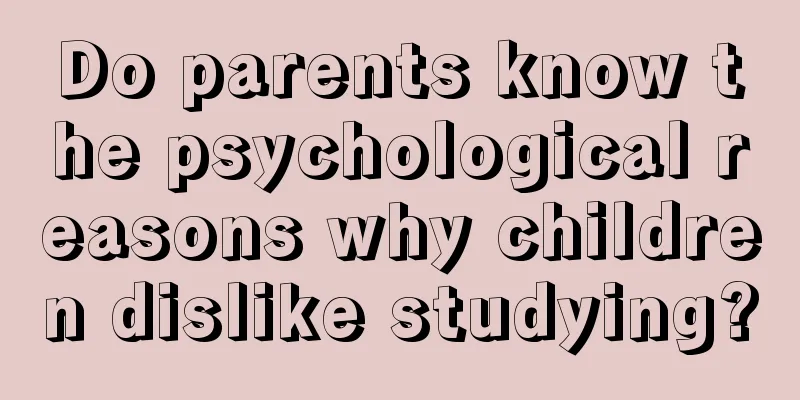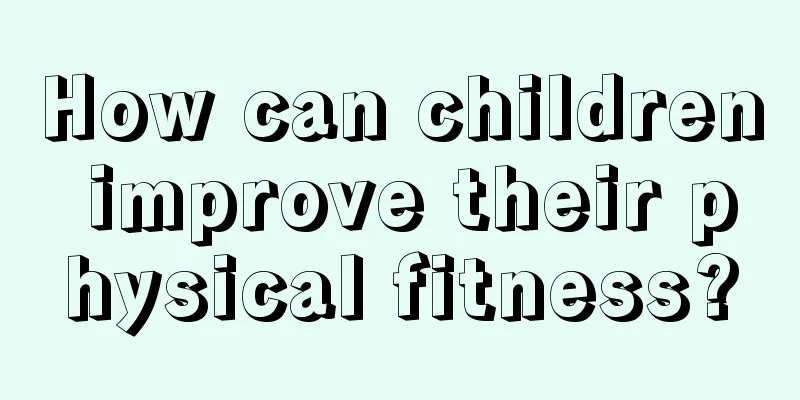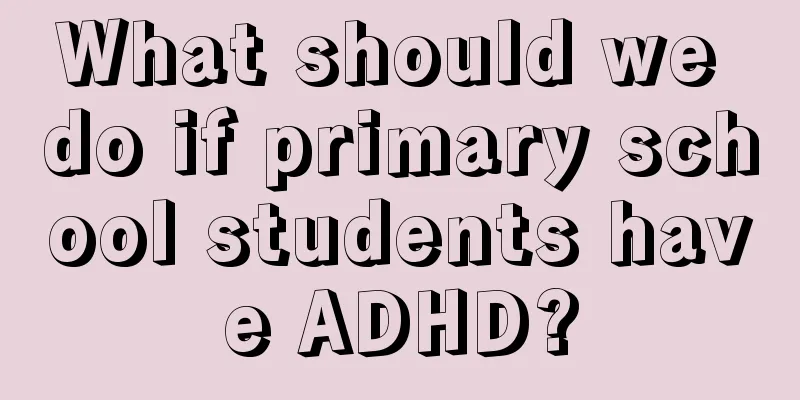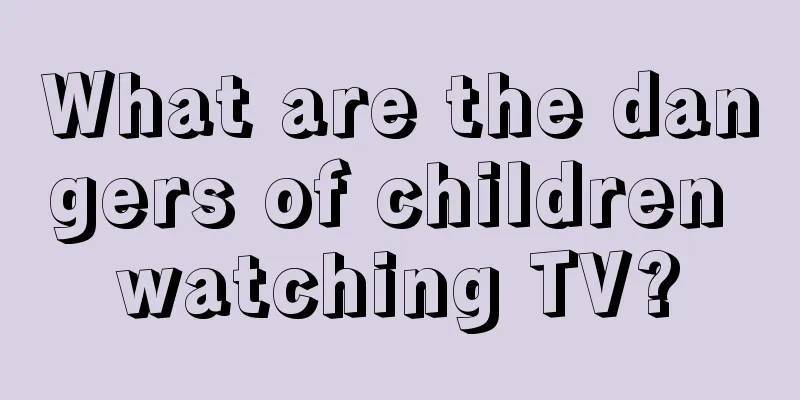My baby has inflammation and a fever of 37.6 degrees. What should I do?

|
The baby's body temperature changes very quickly because it is very sensitive to various disease factors. Once a problem occurs, the baby will have a fever, which is very adverse to the baby's health. Continuous high fever will threaten the health of the brain and cause damage to the baby's intelligence. Therefore, it is very important to pay attention to the problem of fever. Let's see what to do if the baby has inflammation and the fever is 37.6 degrees? The normal axillary temperature of children is 36℃ ~ 37℃ (the temperature measured by rectal thermometer is about 0.3℃ higher than that measured by oral thermometer, and the temperature measured by oral thermometer is about 0.4℃ higher than that measured by axillary thermometer). If the axillary temperature exceeds 37.4℃, it can be considered as fever. In most cases, fever is a protective response of the body against invading pathogens and is a process in which the human body mobilizes the immune system to fight infection. An abnormal increase in body temperature is not necessarily proportional to the severity of the disease, but excessive fever or long-term fever can affect the body's various regulatory functions, thereby affecting the child's physical health. Therefore, for children confirmed to have a fever, the cause should be actively identified and treated accordingly.
Fever is a manifestation of disease, not an independent disease. Therefore, when treating children's fever, we should not simply focus on reducing the fever, but should actively look for the cause of the fever and treat the primary disease.
Children with persistent high fever need appropriate cooling measures to avoid brain cell damage and possible adverse effects due to excessively high body temperature. It is especially necessary to take cooling measures in a timely manner for children with a history of febrile convulsions and children with high fever and extreme irritability. The following conditions in children with fever require vigilance or emergency treatment: febrile convulsions; fever in infants under 3 months old; fever lasting more than 5 days; fever > 40°C and cannot be effectively reduced within 2 hours by acetaminophen or ibuprofen; obvious changes in children's behavior: such as not liking to play, loss of appetite, rarely talking, indifference to surrounding things, or sudden special behavior that has never appeared before; less urine, indicating dehydration, such as infants wet < 3 diapers a day, or older children have not urinated for 8 to 12 hours. |
<<: Is it good for children to use millet pillows?
>>: Why is the baby not growing?
Recommend
Is it normal that the umbilical cord has not fallen off after one month?
During pregnancy, the baby's umbilical cord i...
What to eat when a child has a cough
From the perspective of traditional Chinese medic...
Does pacifier have any effect on children?
Nowadays, many mothers actually insist on breastf...
At what age is it best for children to brush their teeth?
Some children suffer from tooth decay and blacken...
Preventing milk spray from baby's nose
Every family is looking forward to the arrival of...
Can children eat crabs if they have a cold?
Cold is a very common disease. It is very common ...
What are the characteristics of early development in children?
Under normal circumstances, a person's develo...
My child complains of heel pain, what’s going on?
Heel pain is most likely to occur in middle-aged ...
What are the developmental standards for infants in three months?
The development standards of babies vary from per...
What disease causes the baby to vomit after eating?
The phenomenon of babies vomiting after eating ma...
Why are the skin on my child's fingers peeling?
When winter comes, many parents will find that th...
What should I do if my child has a fever after eating?
In life, people may develop diseases due to many ...
What are the symptoms of zinc deficiency in children?
The symptoms of zinc deficiency in children are a...
What is the reason for the baby's earwax to smell?
Nowadays, people’s living environment is relative...
How many times does a two month old baby poop?
Metabolism is an instinct of our human nature. Th...
